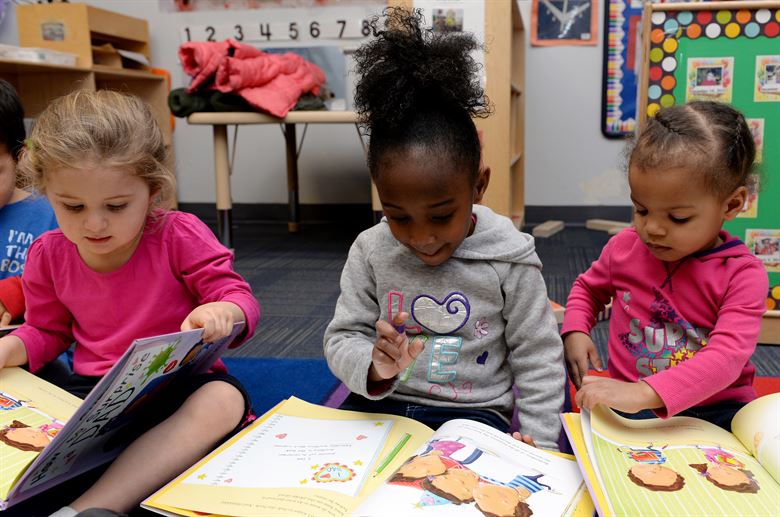The International Dyslexia association estimates that 85% of students who qualify for special education due to a learning disability have reading and language difficulties. About 5% to 6% of school-aged children are affected by dyslexia and other associated disabilities.
The association also estimates that 15% to 20% of students have at least some symptoms of dyslexia, although not all will qualify for special education programs.
Florida SB 1438 and its companion bill, Florida HB 1411, cover new public school requirements that would aid children with dyslexia. SB 1438 is being introduced by Sen. Gayle Harrell, R- Stuart.
The first thing that SB 1438 covers is screening students for dyslexia. This bill would require public schools to screen students for dyslexia starting in kindergarten and continuing through third grade. This screening would take place during the first 30 days of school.
According to the bill, if a child demonstrates symptoms of dyslexia in the screening, then the student will be placed in a remedial program. Parents of children who exhibit dyslexia must be notified and provided progress reports every two weeks. SB 1438 would also require public schools to hire at least one person who is qualified to provide assistance to children with dyslexia in order to accommodate students in need of a remedial program.
SB 1438 states that these remedial programs should involve interventions that are purposely designed for treating dyslexia using one of the following approaches: structured literacy, structured word inquiry, or speech-to-print.
The first approach, structured literacy, is a teaching method for word identification and word decoding by focusing on things like phonology and sound-symbol association.
The structured word inquiry approach involves students analyzing a word as the teacher guides them through questions to find the word’s meaning, bases, and affixes, as well as important sounds and other related words.
The speech-to-print approach involves hearing a word in order to determine the sounds in the word and to identify the letters associated with these sounds. The student can then use these sounds and letters to form new words.
SB 1438 would also establish the Dyslexia Task Force, which would have several responsibilities as outlined in the bill. One responsibility would be to create a handbook on dyslexia that would provide details on identifying dyslexia and related learning disabilities. Additionally, there will also be responsibilities regarding intervention programs, individual education plans and assistive technology.
According to Christine Aurelio, principal of The Einstein School in Gainesville, the Einstein School is a charter school for children with dyslexia and other reading and language difficulties that serves about 100 students a year.
When asked about SB 1438, Aurelio supported the mandatory screenings, saying “the earlier the intervention the faster the student will learn to read.” She also said that she would like screenings done in Pre-K so students can get support early on.
Aurelio said that the bill will be greatly beneficial to students, “as long as the strategies and interventions used are research based,” expressing concern over education programs that are not based in research.
When asked about dyslexia’s impact on children’s success in school, Aurelio said that students with difficulties in pronouncing and recognizing letters and words will have difficulties in every school subject as reading is essential in every area. Additionally, she said that students who struggle with reading also struggle with self-esteem and behavior in school.
Aurelio stated that the current approach to helping children struggling with symptoms of dyslexia is to assume students will eventually progress on their own. She mentioned that this approach can be detrimental to a student’s success and that early intervention is the best answer.
Aurelio affirmed her statement by asking: “What harm will it do to get extra support with this extremely important skill that is [required] to be successful in all areas of life?”
Featured photo: Children reading in school. (Public domain photo by Airman 1st Class Kaylee Dubois)






One Comment
Papa
Very well written. I am so very proud of you!